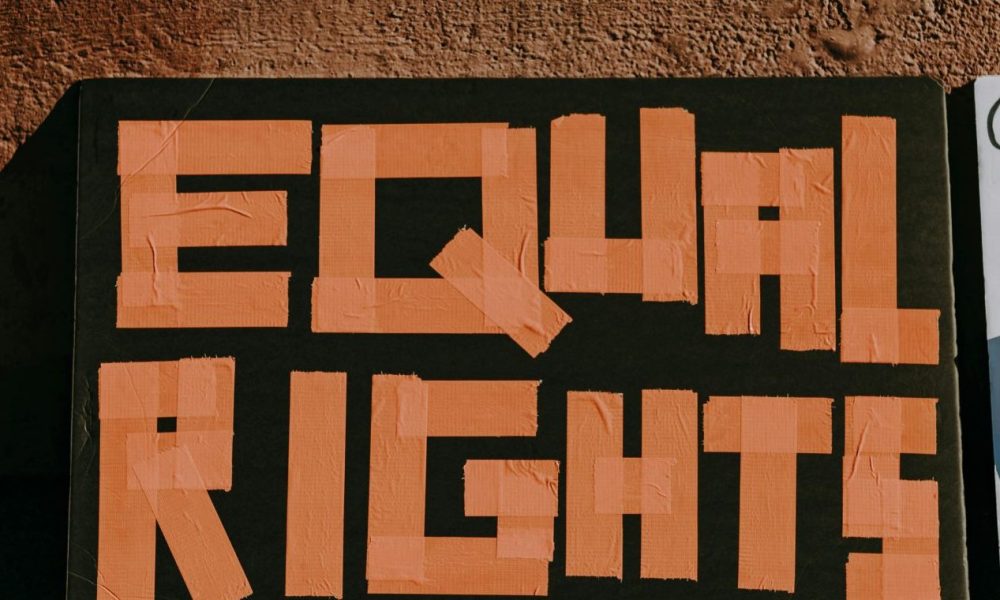In 2024, Women Still Do Not Have Equal Rights
Early evolution theory believed that women were intellectually and physically inferior to men. Female inferiority was one of the conclusions reached because it was believed men had to face more selective pressures than women. Today, women and men face more similar selective pressures, many would argue women face more than men now. However, it’s clear we have not fully moved past Darwin’s original conclusion because Andrew Tate, an internet personality, can openly say women are not independent and that they are men’s property. Women’s inequality has been prevalent throughout history and still is today. Women only gained the right to vote in 1920 and were unable to join the military until 1948. In the eyes of the law, women have acquired many of the rights that men have always had, but it is still clear that women are not treated or seen as equals in personal relationships, in the media, and in the workplace.
Gender pay gaps happen in every industry. Women make up 47% of the workforce and still, the average pay gap from 2023 is 16% and for every dollar a man makes women get 84 cents of that. This is an issue because a woman could do the same amount of work and maybe even more than a man but still find themselves behind on the amount they make. The belief is that men and women are equal but the data shows otherwise. It gives men security in their mindset that they are superior in some ways and it feels like most people don’t care to look at the numbers even though women’s liberties are being taken away.
“I pledge allegiance to the Flag of the United States of America, and to the Republic for which it stands, one Nation under God, indivisible, with liberty and justice for all.” If it’s “with liberty and justice for all” then why is it that one in five sexual assault cases reported by women to police is deemed unfounded by police? A study revealed that a majority of women reported that they faced insensitivity, blaming questions, lack of investigation, and an absence of follow-ups from the police when dealing with a sexual assault case. The effects of police downplaying reported sexual abuse cases result in the abuser becoming immune to any charges or consequences. Rejection of sexual abuse can cause a significant decline in women’s mental health and prevent any other women or girls from speaking up. Women are not being heard or taken seriously.
Social media has been a major factor in the over-examination and objectification of women. The media has created unrealistic beauty standards for both men and women. For women specifically it is very common for young girls and women to compare themselves to photoshopped and filtered posts, causing such illnesses as various eating disorders, depression, and anxiety. The 2017 Dove Global Girls Beauty and Confidence Report revealed that 54% of females ages 10–17 globally have low to medium body esteem. This shows the effect the media has on women’s mental health. Objectification can be shown in multiple ways including groping, harassment, catcalling, and being evaluated. Objectification causes a certain victim-blaming mentality that makes the victim seem that their the problem and the problem loses responsibility for the action. Dressing more appropriately is a simple fix to put objectification to an end, right? The definition of appropriate dressing is different for everyone. Coming to a worldwide consensus on what should be considered “appropriate dressing” would be impossible although, that’s not the issue. The issue is society and the media feeding men unrealistic ideas about what a woman looks like and placing those expectations on every other woman they come across.
Despite advancements in women’s rights such as gaining the right to vote and join the army, women still face challenges including the gender-bias pay gap, domestic and sexual abuse, and objectification. These issues reveal that women are not treated or seen as equals as the government says we are. Two solutions to these problems can be a better enforcement of raw and positive media, and for the government to enforce the “Fair Labor Standards Act of 1938” in all industries.









